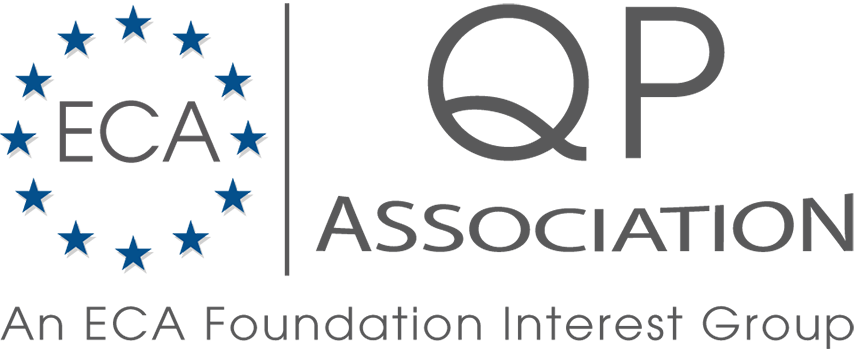10 April 2008
European QP Association Initiates Shared Audit Database
Pharmaceutical companies have to spend more and more effort to qualify and
audit their suppliers. On the one hand this is due to increasing outsourcing
activities. On the other hand regulating bodies react with more detailed
guidance. Chapter 5 of the GMP Guide will be amended in order to reflect the
new obligations of manufacturing authorisation holders to only use active
substances that have been manufactured in accordance with GMP. Also, a
common approach will be finalised on what is expected from manufacturing
authorisation holders with respect to the assurance of the quality of raw
materials used (the text for public consultation is expected in 2008). As
indicated in a respective Guidance*, audits at API suppliers are expected
every 2-3 years and the respective report may be reviewed by the
authorities. According to EU Guide to GMP 7.3 (contract manufacture and
analysis), the contract giver is responsible for assessing the competence of
the contract acceptor to follow GMP.
One of the most important tools in supplier qualification is the on-site
audit. Although the QP is not obliged to perform the audit him- or herself,
the responsibility stays with the QP. A possibility in saving resources is
sharing an audit.
A survey the European QP Association conducted in early 2007 showed that QPs
in Europe are highly interested in a database comprising shared audits
information. For that reason the association announced during its 2nd QP
Forum in November 2007 in Berlin, Germany, that it plans on setting up a
database for possible shared audits. Now it started the exclusive service
for members of the Association.
With the database the QP Association intends to identify suppliers of
excipients and APIs to be audited by more than one pharmaceutical company to
enable these companies to share costs. The audit may be conducted by one of
the parties or by a qualified third party. Simultaneously the European QP
Association is evaluating third party auditing models that comply with the
requirements published by EMEA in their Q&A Document dated October 2005.
To guarantee maximum confidentiality and security for the involved parties,
the association maintains two databases: a "public" database for sharing
audits only contains the ID numbers specifically assigned to each interested
party and the manufacturers' names and the names of the starting materials
the parties supplied. An additional "non-public" database comprises all ID
numbers assigned to the companies interested in shared audits. These two
databases allow the organisation to identify matches and to forward the
information to the respective QPs, only disclosing the names to the partners
involved.
Author:
Wolfgang Schmitt
On behalf of the European QP Association
* Guidance on the occasions where it is appropriate for Competent
Authorities to conduct inspections at the premises of Manufacturers of
Active Substances used as starting materials.
<< Back to overview
|



